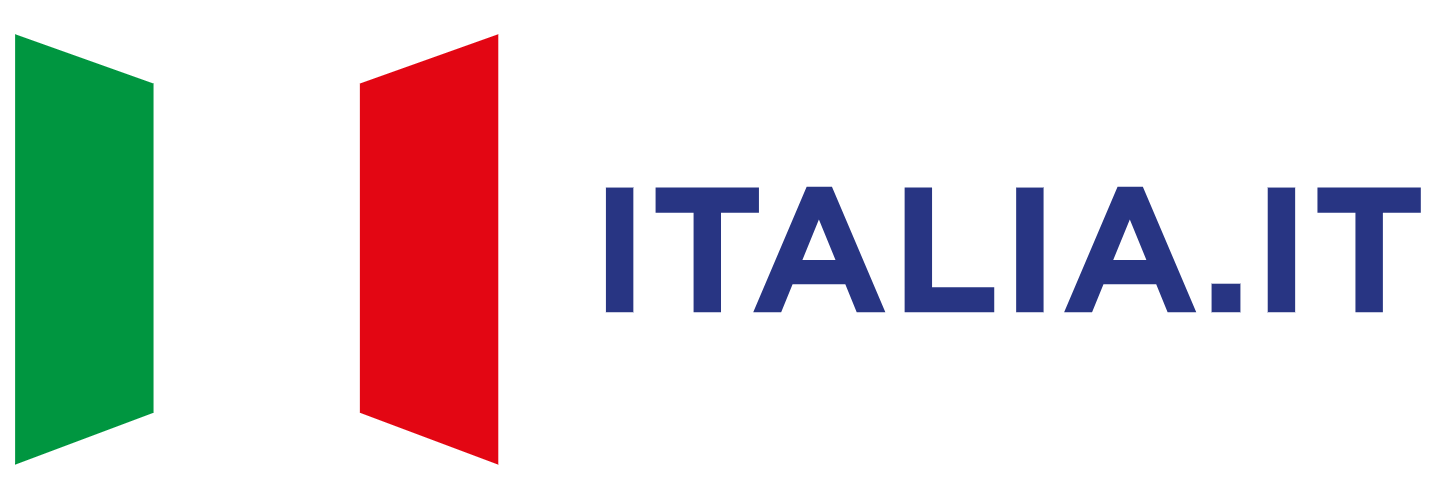The EU WeMED_NaTOUR project: Key insights from the successful pilot trips

The EU WeMED_NaTOUR Project - a project co-funded by the EU EMFAF programme (a fund managed by CINEA) - is focused on developing sustainable educational tourism opportunities for youth, particularly in remote coastal destinations of the West Mediterranean. The actions aim to create eco-smart tourism packages for school trips, providing young students with immersive, hands-on experiences to learn about responsible tourism, sustainability and environmental conservation while supporting local communities. The project also involved local businesses and communities to co-create sustainable tourism experiences and to promote sustainable practices as a profitable and marketable option.
The innovative aspect of the project, in fact, was the unique opportunity to test the designed experiences in a real environment with real “customers” (the students and the teachers), thus gathering key insights from different perspectives.
The first three pilot trips were carried in the month of May and the one in Mauritania at the beginning of October. More specifically:
- Italy (Grado): Students from Palma de Mallorca (Spain) participated in the educational programme in Grado. The trip included a visit to Grado’s historical centre, a beach cleaning activity promoting environmental responsibility, and an exploration of the Valle Cavanata Natural Reserve where students learned about the region’s biodiversity.
- Spain (Palma de Mallorca): Students from Bergamo (Italy) participated in the educational programme in Palma de Mallorca, followed an itinerary that included learning about the local ecosystems of the Albufera, particularly the conservation of Posidonia oceanica meadows, a hike in the Serra de Tramuntana, and cultural exchanges with the local community in the city centre of Palma.
- Portugal (Ria de Aveiro): Students from Estarreja Public School participated in a diverse itinerary across the Ria de Aveiro region, involving a visit to the BioRia and learning opportunities on salicornia and oyster cultivation.
- Nouakchott (Mauritania): students from the TLC International School visited Nouakchott, in particular the Port de Tanit and the Parc National d'Awleigatt.
While executing these pilot trips, several important lessons were learned. First, involving schools, travel agencies, and other actors in their organisation proved highly beneficial, as it allowed the activities to be tailored to the students' age and educational levels, balancing theoretical learning with practical experiences. These concepts were developed during the community-based design thinking workshop activities and were tangible evidence of the collaboration between schools, tourism suppliers, and project territorial partners involved.
Another learning from the pilot trips was that direct, hands-on activities such as environmental cleanups and biodiversity exploration enhanced students’ engagement and helped them better understand sustainability concepts. In this context, preparatory sessions, which followed the digital didactic material developed by the project partners, were also identified as essential for setting students’ expectations and preparing them for the focus on sustainability. Because of this, it is important to highlight the importance of balance between theoretical content and hands-on experience, as the former can result in students being disengaged and the latter can result in physical fatigue - also taking into account the possibilities of functional diversity among the participants. Altogether, more balanced schedules resulted in better overall performance.
It was also acknowledged that sustainable means of transport are essential for Eco-Smart tourism packages. During the EU WeMED_NaTOUR trips, especially at the local level, the use of sustainable means of transportation was preferred, as it not only reduces the environmental impact but also allows students to experience the importance of sustainable travel, reinforcing the project's educational goals.
Careful logistical planning, including early scheduling of transport and activities, was also relevant to the programme's execution. This ensured the smooth execution of these trips. Careful budget estimation was equally essential to maintaining the quality of the journey while accommodating financial constraints.
Finally, teachers appreciated that the trips promoted teamwork and leadership skills among students while promoting sustainability, which are important educational outcomes. Suppliers were also satisfied and valued the focus on sustainability, highlighting the trips' role in reinforcing ecosystem preservation and inspiring the development of new eco-friendly tourism products. The trips demonstrated how tourism can support local economies and communities while promoting environmental and social responsibility, cultural respect, and social cohesion.
The insights gained through the execution of the pilot trips will support the efforts to implement enhanced youth-centred tourism that focuses on education and sustainability in coastal areas, with programmes like EU WeMED_NaTOUR that showcase commitment to improving the tourism ecosystem and local communities.
Reference contacts
ENIT - Communication Manager
Francesca Cicatelli: francesca.cicatelli@enit.it
Elena di Raco: elena.diraco@enit.it
X23 Srl - Coordinator
Amal Muntaser: amal.muntaser@x-23.org
Eleonora Ambrosi: eleonora.ambrosi@x-23.org

